What Happens if You Don’t Respond to a Licensing Board Complaint in North Carolina?
Ignoring a Board Complaint Is a Serious Mistake
If you’re a licensed professional in North Carolina and receive a complaint from your licensing board, it can be tempting to ignore it—especially if you believe the allegations are unfounded. This is a critical mistake.
Failing to respond promptly, or failing to respond at all, will not make the complaint go away. The board will move forward without your input, and the decision will be based solely on the evidence gathered by the investigator. Your side of the story will not be part of the record.
Decisions Will Be Made Without Your Perspective
When you don’t respond, the board investigator compiles information from complainants, employers, and other third parties. Without your statement or documents, the board may assume the allegations are uncontested. That can lead to more severe findings or discipline than if you had responded early.
Professionals should also not assume investigators are neutral or will automatically look for exculpatory evidence. The investigator’s job is to gather facts; it’s up to you (or your attorney) to ensure your perspective is represented.
Missed Deadlines Can Reduce Your Chance of a Favorable Outcome
Licensing boards operate under rules and timelines. Missing a deadline to respond can:
Limit your ability to present evidence later in the process.
Signal non-cooperation or lack of professionalism to the board.
Reduce the likelihood of informal resolution or a lighter sanction.
In disciplinary matters, responsiveness and cooperation often influence outcomes. A prompt, professional response can demonstrate that you take the matter seriously and are willing to work with the board to resolve it.
Why Hiring an Attorney Early Makes a Difference
From the moment you receive a board complaint, having an experienced attorney on your side can help you:
Respond to the complaint on time and in the correct format.
Frame your response strategically to protect your license.
Communicate with the board investigator without making statements that could be used against you.
Explore opportunities for early resolution before discipline is imposed.
An attorney can also ensure you don’t inadvertently waive your rights by failing to respond or missing deadlines.
Protect Your License and Your Reputation
Responding promptly and professionally to a board complaint isn’t just a legal obligation — it’s a signal of integrity and accountability. If you’ve received a complaint, don’t wait. Contact an attorney immediately to help you craft a timely and effective response. Acting early greatly improves your chances of a favorable resolution.
This is not legal advice. If you do need legal representation call the office at: 919-616-3317

